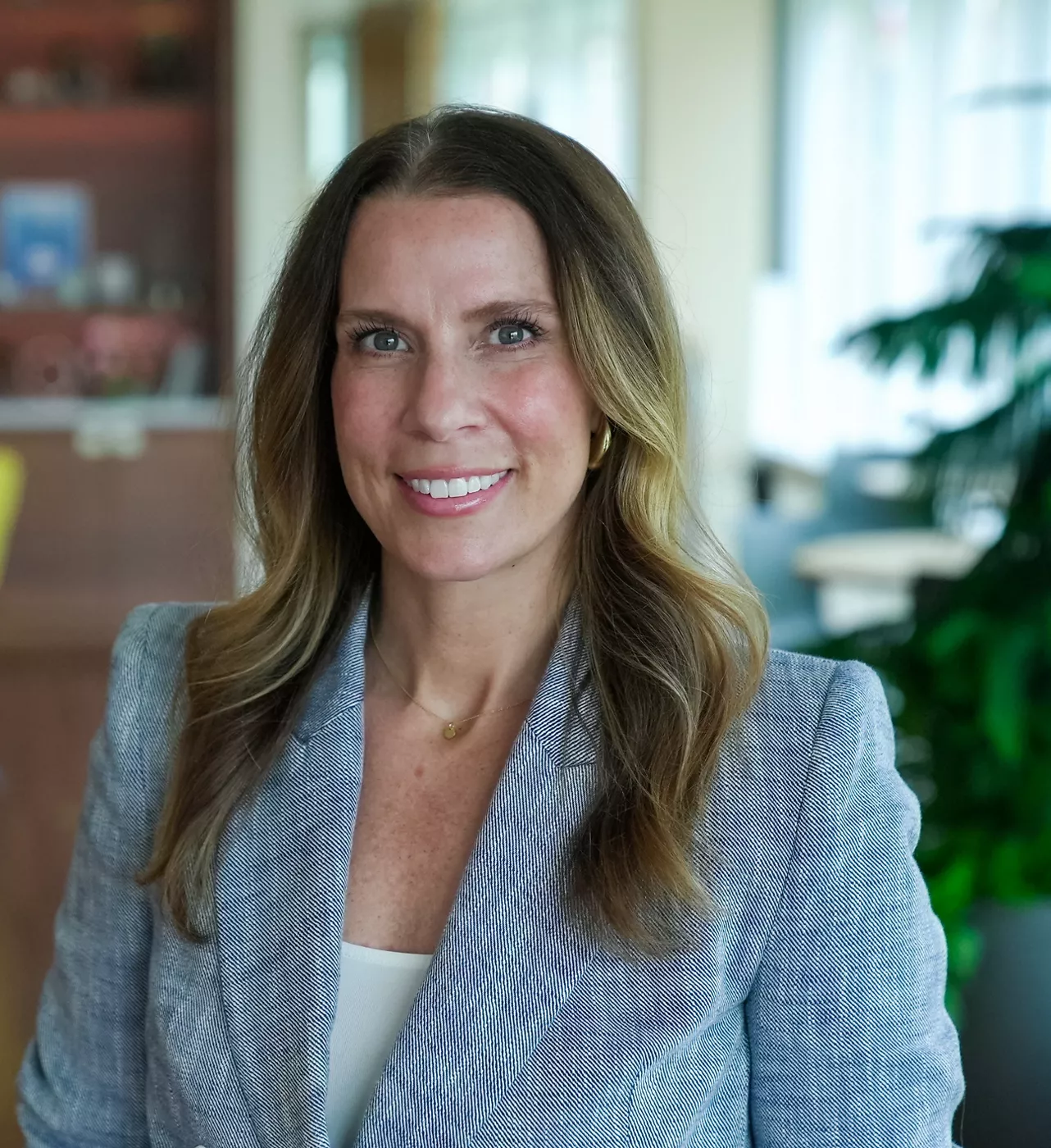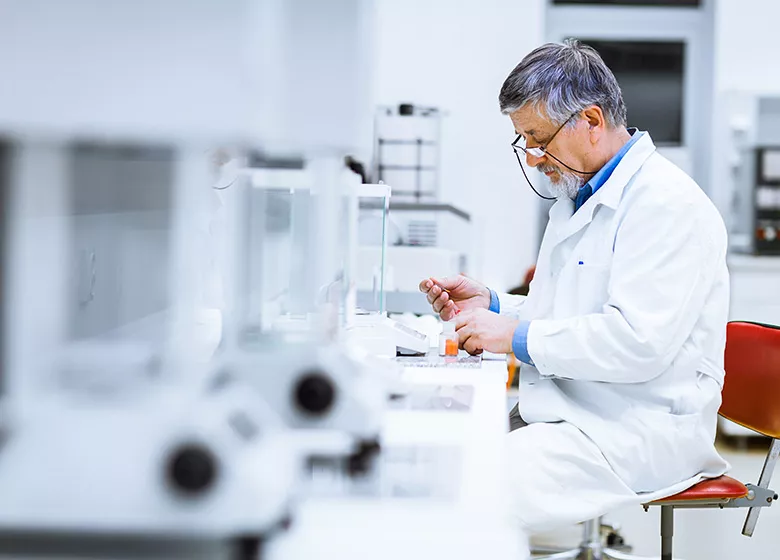Reimagining leadership in the age of AI and industry transformation

Leaders from Roche, Takeda, Salesforce, and Slalom share their perspectives on the evolving role of healthcare and life sciences leadership in the era of AI and rapid technological change.
At the Endpoints at #JPM25 panel, “The Future of Engagement: Leadership at the Crossroads of Industry Shifts and the AI Revolution,” Slalom’s global industry lead for life sciences, Johanna DeYoung, joined a thought-provoking panel alongside Roche’s Global Pharma CIO Jacki Dioguardi, Takeda’s SVP and Chief Technology Officer, Leo Barella, and Salesforce’s Head of HLS Industry Team, Kyrsten Musich.
Together, they explored how empathic leadership can navigate the dual forces of AI innovation and rapid industry evolution drive engagement, reimagine operating models, and unlock new opportunities for people-centric care and organizational efficiency.
Don’t have time to watch? Get our key takeaways:
Dual leadership approach. Creating sustained innovation calls for both top-down and bottom-up leadership. Jacki Dioguardi of Roche emphasized the importance of educating and engaging senior leaders to get them up to speed and aligned with enterprise priorities. She also highlighted how grassroots initiatives like communities, hackathons, and upskilling programs drive employee engagement and innovation.
Navigating AI’s complementary roles. It’s important to distinguish between automating existing processes for efficiency and reimagining operating models and workflows to unleash new value. Designing for outcomes rather than simply improving current processes is essential to maximize AI’s potential. Doing so requires a shift in mindset to ensure these tools create meaningful impact across organizations.
The rise of agentic AI. Johanna DeYoung of Slalom described agentic AI as the next horizon in innovation, offering the ability to plan, reason, and act autonomously. By 2028, autonomous agents are expected to drive 15% of business decisions, and by the end of 2025, up to 25% of meetings may include active participation from agents. These multi-agent systems can collaborate on complex challenges and improve cross-functional operations.
Breaking silos. Driving innovation in regulated industries begins with eliminating barriers to information sharing and treating data as a shared asset across the enterprise. At Takeda, over 10,000 employees are using generative AI tools like ChatGPT, enabling partnerships and encouraging experimentation. Leo Barella highlighted how fostering a culture of experimentation through internal communities activates opportunities to improve efficiency and focus on people-centric care.
Fail fast. Learn continuously. AI provides tools to document and learn from failures—an often-overlooked aspect of traditional processes and a critical advantage in an industry as risk-averse as life sciences. Preserving and analyzing failure-related data enables teams to build on past efforts, avoid repeating mistakes, and accelerate breakthroughs. As Kyrsten Musich noted, “Don’t get caught in the traps—go ahead and just get started.” Embracing failure as part of the journey helps foster resilience and drive meaningful progress.
Human-AI collaboration. AI is reshaping the workplace, shifting human roles from individual contributors to managers of AI agents. This evolution enables greater cross-functional cooperation, allowing teams to focus on strategic, higher-value activities while AI takes on repetitive tasks.
Leadership in the healthcare and life sciences industries is at a pivotal moment, and the panelists delivered a clear message: Now is the time to act. As Jacki Dioguardi stated, “You won’t get it right the first time—but you have to start.” Success in 2025 will require leaders to embrace an experimental mindset and treat failure as a path to progress. Organizations can realize AI’s full potential and drive transformational people-centric change by challenging traditional operating models and focusing on value streams.
With immense opportunities ahead, the industry’s future will be defined by those who act with purpose, innovation, and empathy.



